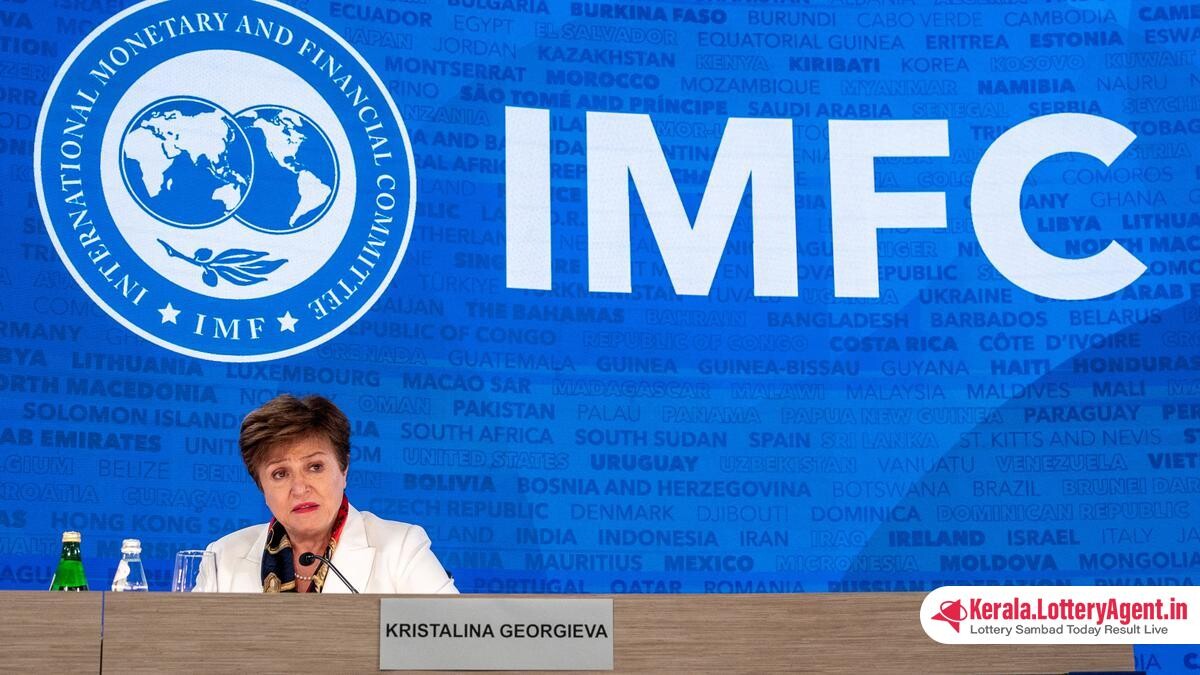
On April 19, Kristalina Georgieva, the Managing Director of the International Monetary Fund (IMF), conveyed a stark message that shareholders of the institution unanimously recognize the urgent need to address the economic challenges confronting low-income countries. The plight of many of these nations is characterized by unsustainable debt burdens, an issue that has prompted significant worry within the international financial community.
With recent reports from the IMF and the World Bank highlighting adverse economic trends and prospects among low-income developing countries, the gravity of the situation is clear. Still reeling from the fallout of the Covid-19 pandemic among other setbacks, these countries have faced numerous hurdles in their path toward economic recovery.
In light of these struggles, the IMF has revised its growth forecast for low-income countries as a group in 2024 down to 4.7%, a decrease from the prior estimate of 4.9% made in January. Furthermore, a report from the World Bank delivered more disconcerting news: for the first time in the 21st century, half of the world’s 75 poorest countries are experiencing a growing income gap when compared to the most affluent economies, marking a disturbing reversal in progress.
Georgieva indicated that the IMF is proactively bolstering its capabilities to lend support to low-income countries that have been most profoundly impacted by these economic shocks. Initiatives include a 50% quota share increase and enhanced resources for the Poverty Reduction and Growth Trust.
Additionally, Georgieva, along with Saudi Arabia’s Finance Minister Mohammed Al-Jadaan, who presides over the IMF’s steering committee, expressed confidence in recent internal reforms instituted by the IMF. These reforms are designed to expedite and smooth out the process of debt restructuring, an increasingly prevalent concern among indebted nations.
At a meeting of the Global Sovereign Debt Roundtable this week, co-hosted by the IMF and the World Bank, progress was discussed on establishing timelines for debt restructurings, and on ensuring equitable treatment among different creditor groups.
Significantly high debt levels are becoming burdensome for many low-income countries, particularly in Sub-Saharan Africa, where average payments for debt service have surged from 5% a decade ago to 12% currently. Enhanced interest rates in advanced economies have not only drawn investment away but have also escalated borrowing costs for these nations.
Georgieva characterized the situation as “heartbreaking” because, in some countries, debt payments consume as much as 20% of revenues. This financial strain means these nations have markedly less capacity to invest in crucial areas such as education, healthcare, infrastructure, and job creation. To combat this, affected countries should intensify their domestic revenue by amplifying tax efforts, sustaining inflation fights, curtailing expenditure, and cultivating local capital markets, according to Georgieva.
The Bulgarian economist underscored the importance of making these countries more investor-friendly and confirmed that the IMF is working alongside countries to improve their investment climates.
Meanwhile, U.S. Treasury Undersecretary Jay Shambaugh underscored his concerns regarding the overwhelming challenges faced by low-income countries. Last week, he urged China and other emerging creditors to avoid curtailing loans to these nations, especially as the IMF and other multilateral development banks intensify their financial assistance. Alarmingly, almost 40 countries reported outflows of external public debt in 2022, with the trend likely exacerbating in 2023.
The IMF’s mission is to ensure financial stability, facilitate international trade, promote high employment and sustainable economic growth, and reduce poverty around the world. The focus on low-income countries beset by debt and other financial struggles is a reflection of its mandate to support economic stability and progress on a global scale.












